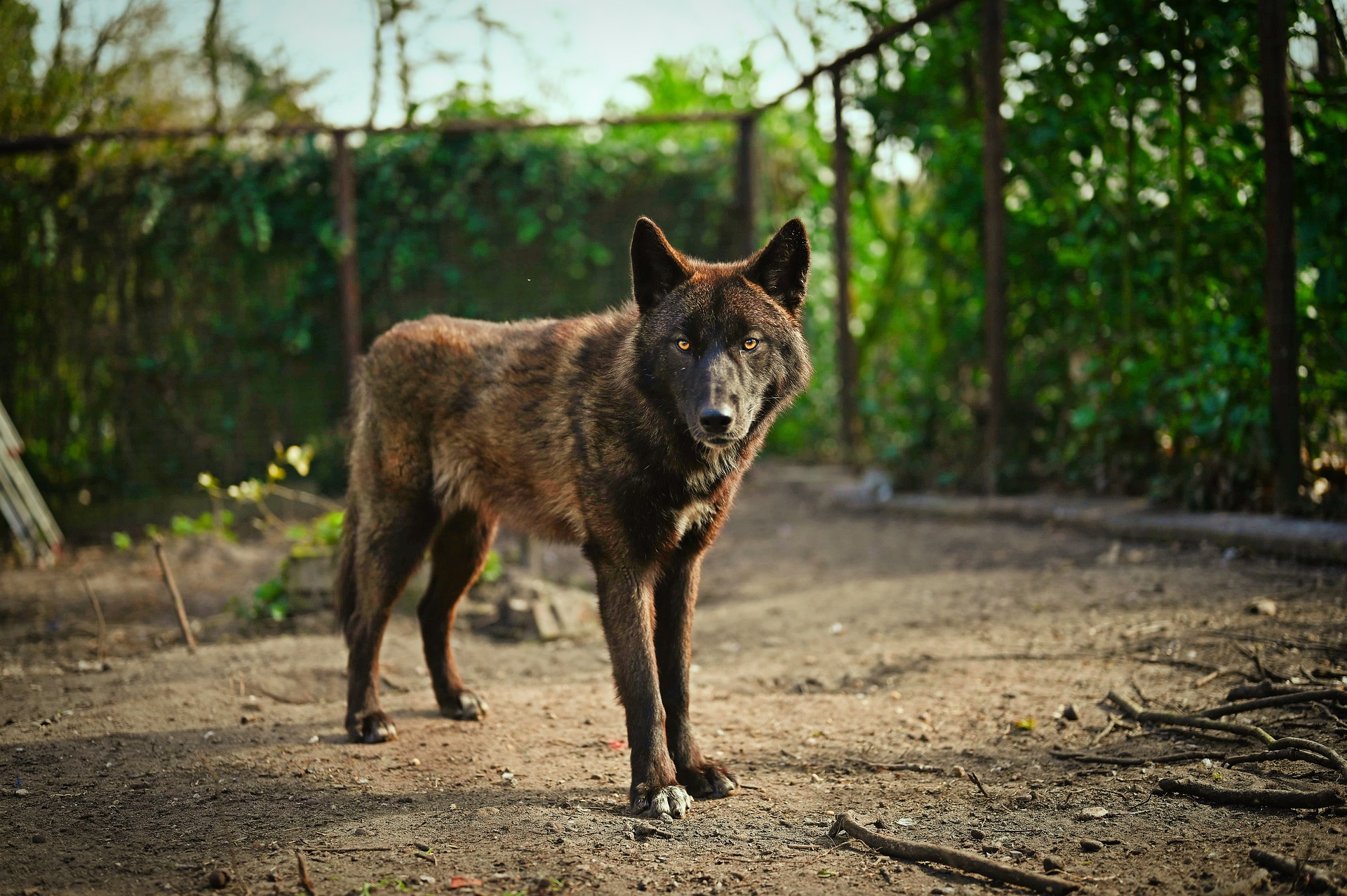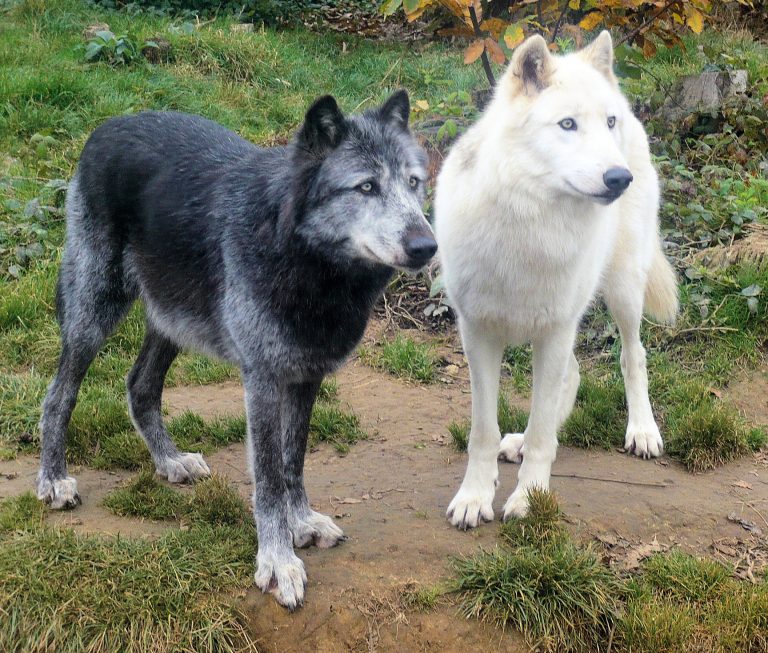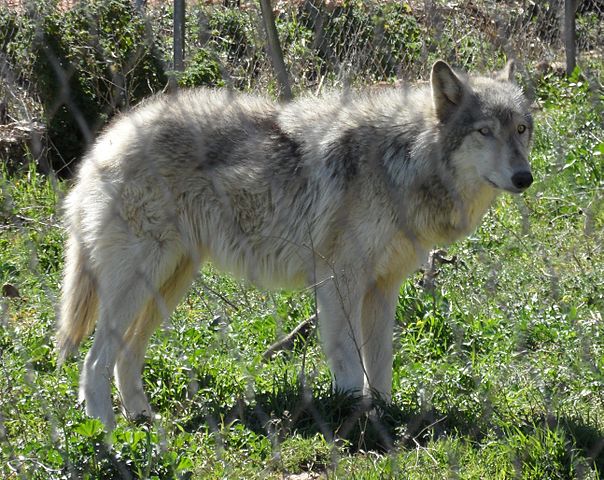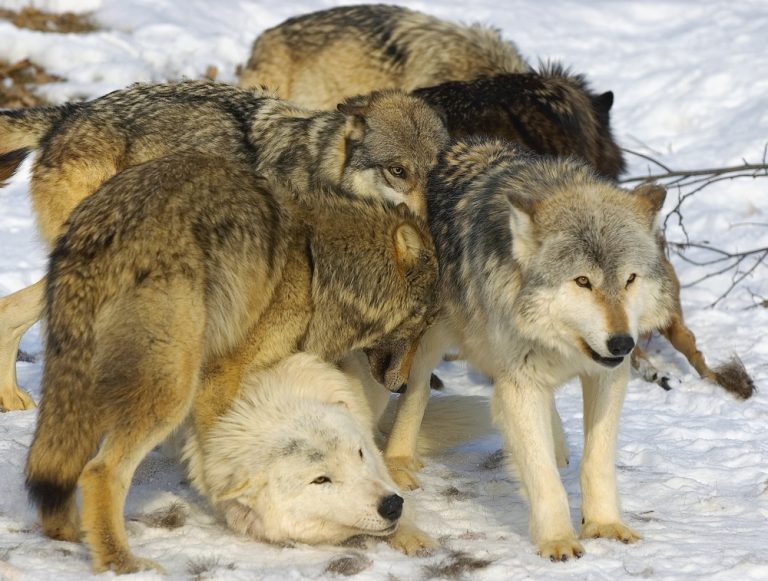Black Wolves in North America
While black wolves are rare in the rest of the world, black wolves in North America are expanding. The further south you go, the more black wolves you will find. After completing extensive research, scientists believe they have solved the mystery. Ecologist Sarah Cubaynes and her international team determined that the fatal canine distemper virus is the reason for black-coated wolves.
Wolf coat color is determined by a gene called CPD103. Historically, this would mean their coat would be gray. Unfortunately, CPD103 mutation occurred in dogs and was passed down to wolves, resulting in black-coated wolves. Wolves have two copies of CPD103, one from each parent. If one parent has the mutated gene, it will pass it down to its offspring.
Those wolves living in CPD103-prone areas also have a protein that protects them against lung infections. These black wolves in North America are more likely to survive the canine disease and will pass their gene variant to offspring.
Black Wolves and CPD103
The research team analyzed 12 wolf populations across North America to prove their theory right. Their goal was to see who had canine distemper antibodies. Those wolves that survived the disease and had antibodies were primarily black-coated wolves.
Afterwards, the team studied the 20 years of wolf population data from Yellowstone National Park. In Yellowstone park, the gray wolf population to black wolves was 55-45 percent. Out of the 45 percent of black wolves, only 5 percent had two copies of the CPD103 gene.
It needs to be noted that only the areas exposed to canine distemper outbreaks saw these numbers. So what does this mean? It means that black wolves that choose the opposite color wolf have a better chance at creating successful offspring. This only applies to areas that have been exposed to canine distemper.
In conclusion, the research team suggests that their findings can be applied to various other species, including insects, mammals, and amphibians. Those with color variations have been exposed to and survived a disease of their own. These colorations will also determine which mate the animal chooses. The research also goes into explaining that the Black Plaque still affects us. Those that survived it and had offspring passed their genes are more likely to have rheumatoid arthritis.







